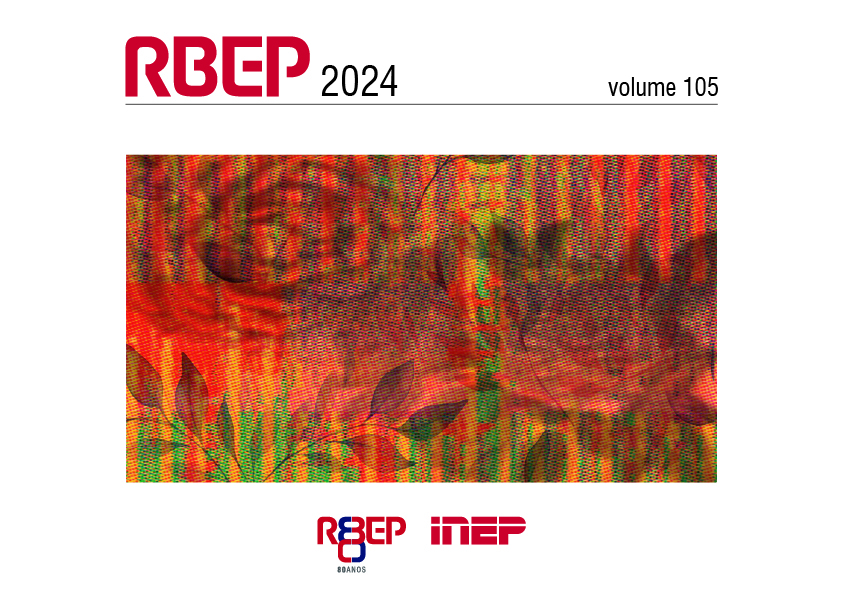The National Common Curriculum Base: impacts on the professional culture and the school framework
Abstract
The National Common Curriculum Base (BNCC) in early childhood and primary education is certainly one of the most important innovations in Brazilian educational policy. Its motivation is associated with tackling chronic aspects of school inequality, through the delimitation of a set of skills and abilities capable of upholding the organization of curricula and curriculum policies aimed at valuing the centrality of students and their right to learning. This study intends to empirically analyze the impact of the BNCC on professional culture, in particular of teachers, as well as on school structuring. In this sense, it stems from a dialogue between the sociology of education and the literature specialized in public policy, exploring issues related to theories of resistance to change. The study mobilizes unprecedented research, carried out on a national scale, with 48,000 professionals and nearly 35,000 5th and 9th grade students from public schools. Despite data analysis pointing to a positive reception of the BNCC by education professionals, the students' response pattern suggests deeper levels of resistance, which refers to a trending inertial character of the school framework.
Downloads
Copyright (c) 2024 Brazilian Journal of Pedagogical Studies

This work is licensed under a Creative Commons Attribution 4.0 International License.
Once their work is accepted for publication, author’s copyrights are automatically relinquished to the National Institute for Educational Studies and Research Anísio Teixeira (Inep).
Since 2016, the journal Revista Brasileira de Estudos Pedagógicos (RBEP) uses the licence CC-BY.
Partial or total reproduction of the content of this Journal is permitted provided that the original publication is properly referenced, as well as a link to license CC BY 4.0 and to indicate any possible alterations made to the article.




















